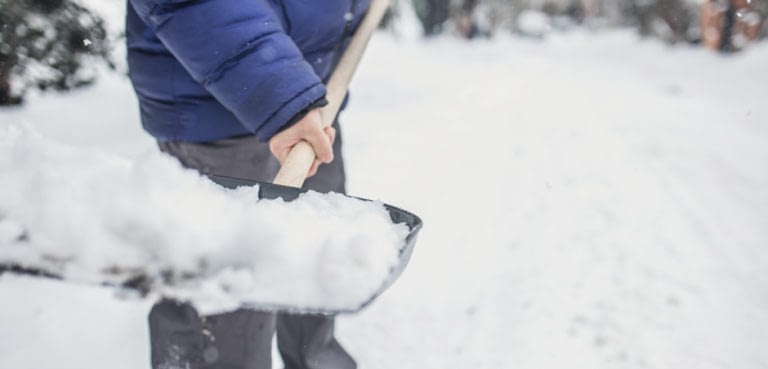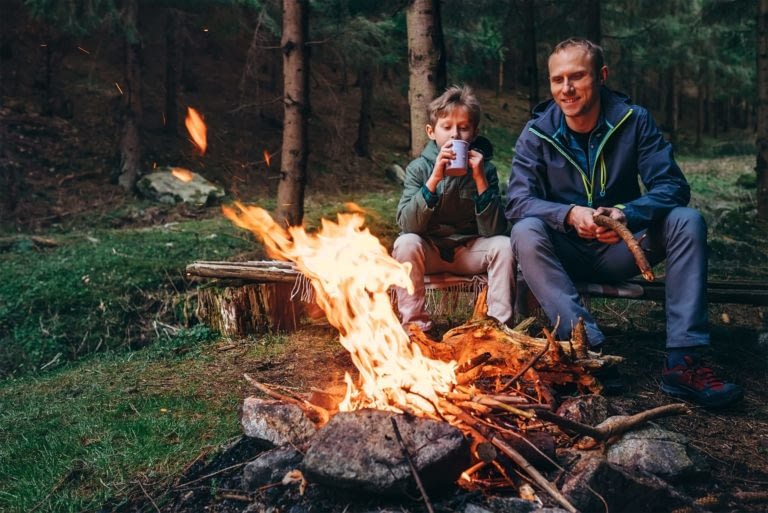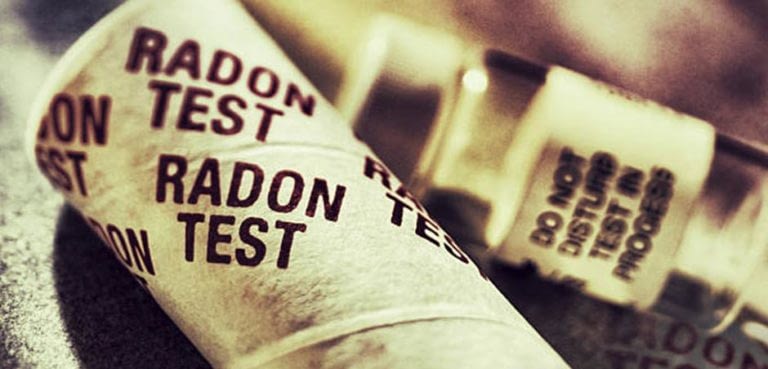Insurance Blog
How To Dig Out After a Blizzard
Posted: January 17, 2022

If you live in an area that regularly sees snow, clearing the driveways and sidewalks after a winter storm is a regular part of life. But when severe winter weather strikes, and the snowfall is measured in feet instead of inches, digging out becomes a lot more work. Even if the weather caught you off guard, you’ll still have to brave the cold and...
How to Keep Your Backyard Campfires Safe
Posted: January 16, 2022

There is nothing like a campfire to create a cozy atmosphere when friends and family get together under the stars. A fire draws the gaze and lets you keep warm while socializing in the cool of the evening. A campfire can even be used to cook a meal if you have the right type of fire and accessories. But where there is fire, there is...
New Year, New Life Insurance Review
Posted: January 7, 2022

It is a good policy to review your life insurance every year. If you have paid your premiums on time, the policy will still be there, most likely without any material changes since you purchased it. However, if major changes have occurred in your life, your life insurance policy may need adjustments or no longer suit your needs. Why Review Life Insurance Annually? Conducting a...
4 Winter Risks and How to Protect Your Business From Them
Posted: January 4, 2022

Consumer spending increases for the holidays and business picks up during the winter months. But winter weather also brings certain risks for businesses. The following are some top winter risks and how to protect your business from them. Slip or Trip and Fall Accidents Icy walkways and slippery floors from melting snow can lead to slip or trip and fall accidents on your business premises....
What Is Radon? Facts, Testing and Mitigation
Posted: January 4, 2022

What is radon? This radioactive gas is the product of the natural decay of uranium in soil, rock and water. That means it’s likely in the air you breathe every day. While the potential health risks of radon are very low in small doses, prolonged or high level exposure can lead to serious health concerns – including lung cancer. Keep reading to find out the...